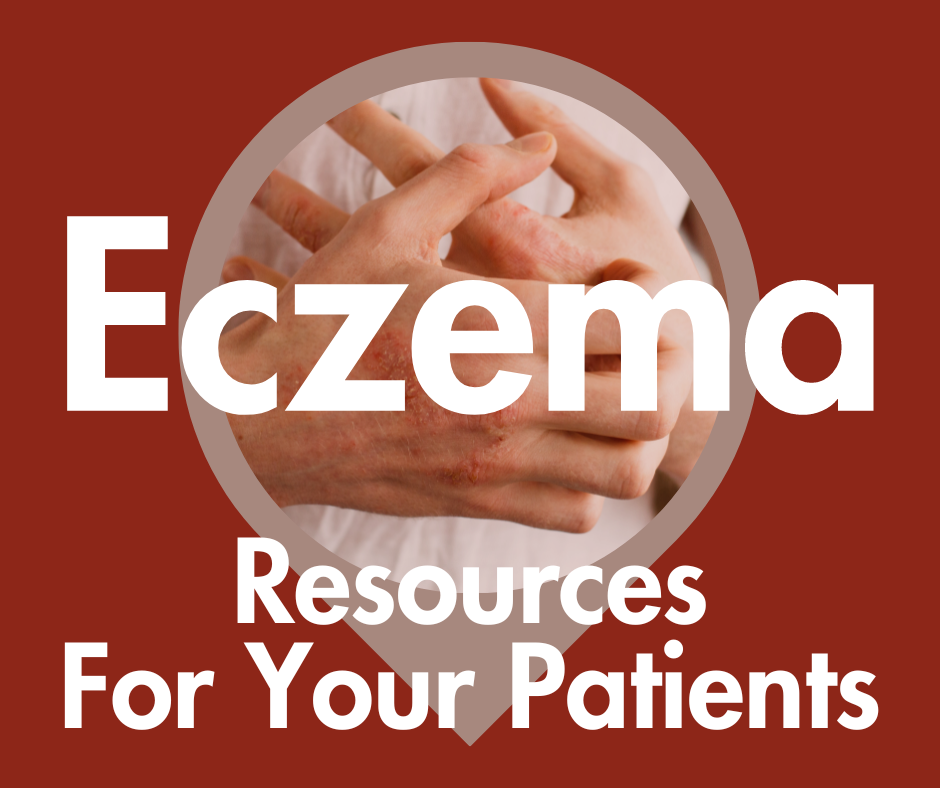- Case-Based Roundtable
- General Dermatology
- Eczema
- Chronic Hand Eczema
- Alopecia
- Aesthetics
- Vitiligo
- COVID-19
- Actinic Keratosis
- Precision Medicine and Biologics
- Rare Disease
- Wound Care
- Rosacea
- Psoriasis
- Psoriatic Arthritis
- Atopic Dermatitis
- Melasma
- NP and PA
- Skin Cancer
- Hidradenitis Suppurativa
- Drug Watch
- Pigmentary Disorders
- Acne
- Pediatric Dermatology
- Practice Management
- Prurigo Nodularis
- Buy-and-Bill
News
Article
Editorial Advisory Board Insights for Eczema Awareness Month: Renata Block, MMS, PA-C
Renata Block, MMS, PA-C, shares her atopic dermatitis insights.
Throughout National Eczema Awareness Month, Dermatology Times® will be featuring Q&As with the expert dermatology professionals who are a part of our Editorial Advisory Board.
Renata Block, MMS, PA-C, of Advanced Dermatology & Aesthetic Medicine, shares her insights into the evolving treatment and research landscapes of atopic dermatitis.

Dermatology Times: What emerging research or developments in the field of dermatology hold the most promise for improving the quality of life for patients with atopic dermatitis in the coming years?
Renata Block, MMS, PA-C: It is an exciting time in the atopic dermatitis space as more options are coming down the pipeline for a chronic condition that can severely affect one's quality of life at any age. Once-daily oral options targeting the disease and non-steroidal topicals make compliance more likely for disease control. If it is a forced treatment that does not feel good, the patient will not be compliant, period!
Dermatology Times: How can dermatologists better educate patients and their families about the chronic nature of atopic dermatitis and the importance of long-term management and prevention strategies?
Block: The practitioner should have the goal of a therapeutic decision-making approach, as this will empower the patient. One should leave the patient with a manageable amount of information but have an understandable, tailored approach, including the patient in the decision-making process and establishing realistic treatment goals.
Dermatology Times: What are some of your go-to treatment approaches for atopic dermatitis (orals, JAKs, topicals), and what therapeutic options do you reach for when initial treatment choices aren’t as affective?
Block: My treatment choice, as with any practitioner, depends on the severity of the disease and previously attempted treatment failures. It is vital to dive deeper into what the patient used in the past and the compliance. I always start with topicals (typically steroids to calm the flare) and education on the importance of their use and, if moderate to severe or affecting quality of life, introduce other options, such as orals and biologics, which are typically quite intimidating to the patient. Follow-up typically consists of more education and starting a non-steroidal choice for maintenance. Establishing a relationship and the patient's confidence in your office takes time, and providing bite-size educational information with each visit is essential. Many have already been treated and want to continue what they "think is best." It is easy to give them the prescription they want. Still, in the end, you are doing your patient a disservice as there are so many treatment alternatives they need to be aware of, and it is up to us to educate the patient on something that can improve their quality of life.
Dermatology Times: Can you share your insights on the psychological and emotional impact of atopic dermatitis on patients, and how can dermatologists offer holistic support in addition to medical treatment?
Block: We need to focus more on this at each patient visit and follow-up. Providing quick access to the office and a personal approach can make a difference. That said, supportive care should always include the psychosocial aspect, and each office visit starts with asking what about atopic dermatitis is making your life difficult and how it limits what you can do. Many patients are also asking for more holistic approaches, and with the skin-gut connection being a trending topic, patients are getting misinformation from the internet. It is up to us to guide them on the right path. For example, certain strains of probiotics may benefit people suffering from atopic dermatitis, and prebiotics such as blue spirulina, which has a lot of research supporting alleviating atopic dermatitis and even asthma, may be great options. I have an open-door policy for patients to contact me before they want to purchase something that they believe would help. It is much appreciated and not abused.





